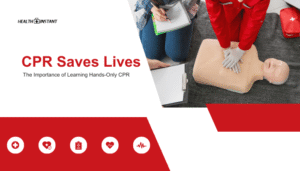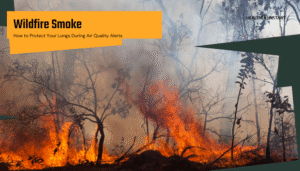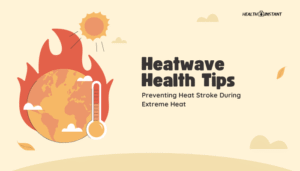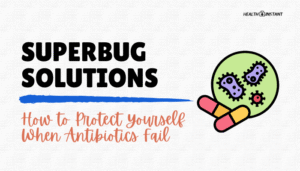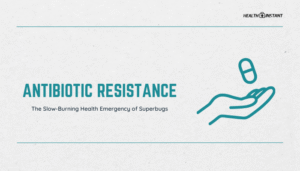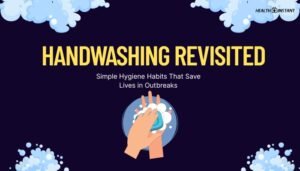CPR Saves Lives: The Importance of Learning Hands-Only CPR
Introduction Cardiac arrest can happen suddenly and can strike anyone—young or old, active or sedentary. In these emergencies, time is critical: brain damage begins within minutes without blood flow. Cardiopulmonary resuscitation (CPR) helps circulate oxygenated blood until professional care arrives. ...
Read MoreDIY First Aid: How to Handle Common Injuries When Help Isn’t Immediately Available
Introduction Sometimes, you might be far from professional medical help—like hiking in remote locations or stuck indoors during severe weather. Knowing how to provide immediate first aid can prevent complications and, in some cases, save lives. While these guidelines should...
Read MoreEmergency Go-Bag Checklist: Medications and Health Essentials to Pack
Introduction Disasters—from hurricanes to wildfires, earthquakes to sudden evacuations—can occur with little warning. Having a go-bag (or “bug-out bag”) ready ensures you can leave quickly with vital supplies to protect your health. While plenty of checklists emphasize food, water, and...
Read MoreHurricane Prep for Health: Medicines, Water, and Power Outage Plans
Introduction Hurricanes can strike with powerful winds, torrential rains, and flooding, disrupting daily life and public services. While physical property damage is often in the spotlight, maintaining health and well-being during these storms is equally critical. Adequate preparation ensures you...
Read MoreWildfire Smoke: How to Protect Your Lungs During Air Quality Alerts
Introduction As wildfires become more frequent and intense, many regions regularly face periods of thick smoke. This smoke creates hazy skies, poor visibility, and most critically, harmful fine particles (PM2.5) that can penetrate deep into the lungs. While it is...
Read MoreHeatwave Health Tips: Preventing Heat Stroke During Extreme Heat
Introduction As climate change intensifies, heatwaves are hitting new temperature records and lasting longer than before. These extreme heat events pose significant health risks, with heat stroke being one of the most severe concerns. Even healthy adults can experience heat...
Read MoreClimate Change and Health: Preparing for Heatwaves, Fires, and Floods
Introduction As global temperatures rise, extreme weather events are becoming more frequent and intense. Heatwaves, wildfires, and floods have escalated in scale and severity, posing direct threats to human health. High temperatures can lead to heat exhaustion or heatstroke, wildfires...
Read MoreSuperbug Solutions: How to Protect Yourself When Antibiotics Fail
Introduction Superbugs—bacteria and other microbes resistant to multiple antibiotics—pose a rapidly escalating threat. When common infections can no longer be treated by first-line or even second-line drugs, healthcare becomes more complicated and costly, hospital stays lengthen, and outcomes worsen. Yet,...
Read MoreAntibiotic Resistance: The Slow-Burning Health Emergency of Superbugs
Introduction Antibiotics revolutionized medicine in the 20th century, transforming once-deadly infections into treatable conditions and paving the way for complex surgeries and chemotherapy. Yet, the remarkable success of these drugs has led to a slow-brewing crisis: antibiotic resistance. While not...
Read MoreHandwashing Revisited: Simple Hygiene Habits That Save Lives in Outbreaks
Introduction Handwashing is a simple habit that has saved many lives over centuries. People often forget how significant this practice is in stopping harmful germs. Routine hygiene steps—especially proper handwashing—lower transmission of flu, respiratory infections, and common pathogens like norovirus. ...
Read More
